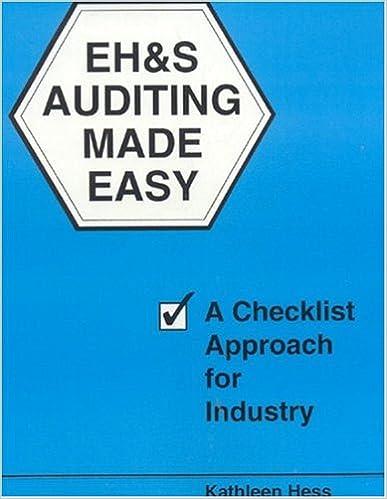Question
June 1: Owner contributed $50,000 in cash to the business. June 1: Owner purchased a company vehicle in the amount of $15,000. June 3: Owner
June 1: Owner contributed $50,000 in cash to the business.
June 1: Owner purchased a company vehicle in the amount of $15,000.
June 3: Owner took out a small business loan in the amount of $25,000.
June 5: Owner paid rent for June, and prepaid office rent for a 6-month period to cover July through December at $1,195 per month.
June 5: Owner paid business license fees in the amount of $250 to the county.
June 5: Owner ordered office supplies, on account, in the amount of $750.00.
June 6: Owner performed service for client on account in the amount of $1,000.
June 9: Owner provided service for client in the amount of $1,500. Customer paid $750 at time of service. Client will be billed for the balance due.
June 10: Owner paid $250 in advertising costs to the local paper.
June 15: Owner recorded wages due to the part-time employee in the amount of $325. This will be paid on June 20.
June 15: Owner prepaid business insurance to cover July through December at the rate of $125 per month.
June 20: Owner paid wages due to part-time employee from period ending June 15.
June 21: Owner paid for plumbing repairs in the office in the amount of $210.
June 22: Owner withdrew $1,000 cash for personal use.
June 23: Customer paid balance due from June 6 service in the amount of $1,000.
June 25: Owner provided service to client in the amount of $800. Client paid at time of service.
June 28: Owner paid balance due for office supplies purchase on June 5.
June 29: Owner performed service for client on account in the amount of $2,225.00.
June 30: Owner received telephone bill for month of June in the amount of $155 and recorded the expense. This bill will not be paid until July.
June 30: Last day of pay period; owner owes part-time worker $325 for the June 16 through June 30 pay period. This will be paid on July 5.
June 30: Record depreciation on vehicle at $250. What do I do????
What do I do????
Step by Step Solution
There are 3 Steps involved in it
Step: 1

Get Instant Access to Expert-Tailored Solutions
See step-by-step solutions with expert insights and AI powered tools for academic success
Step: 2

Step: 3

Ace Your Homework with AI
Get the answers you need in no time with our AI-driven, step-by-step assistance
Get Started


